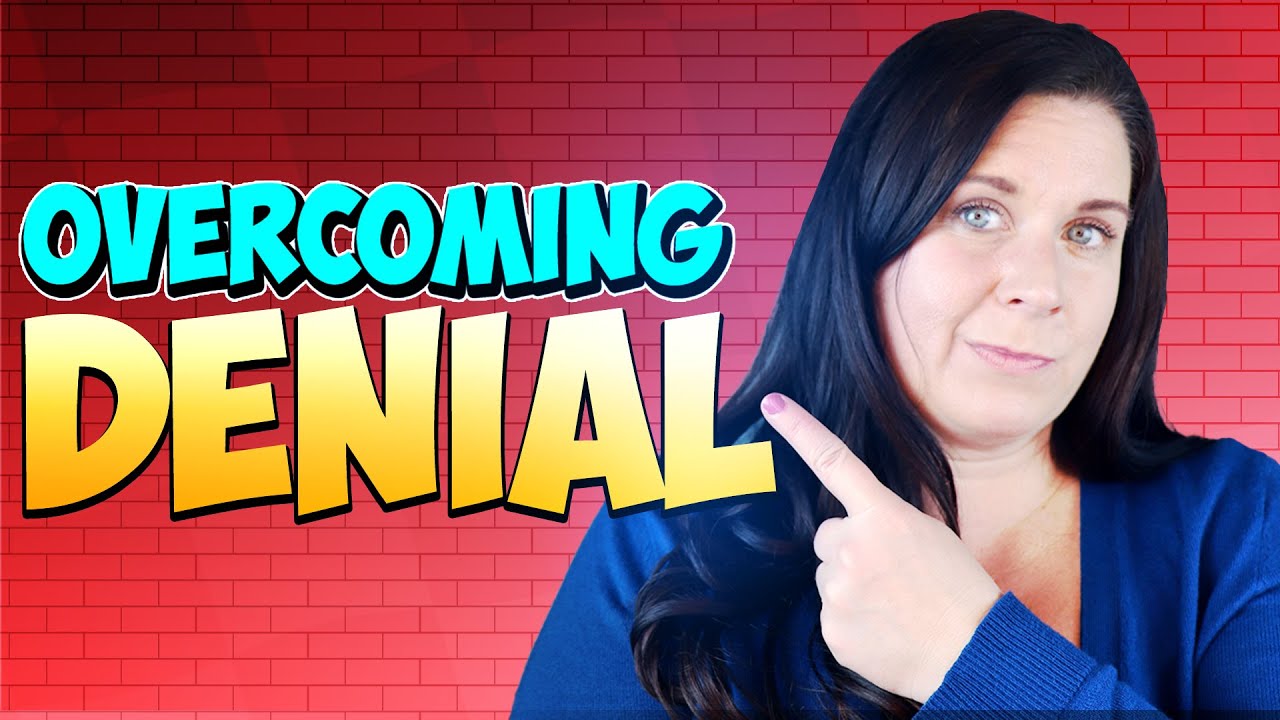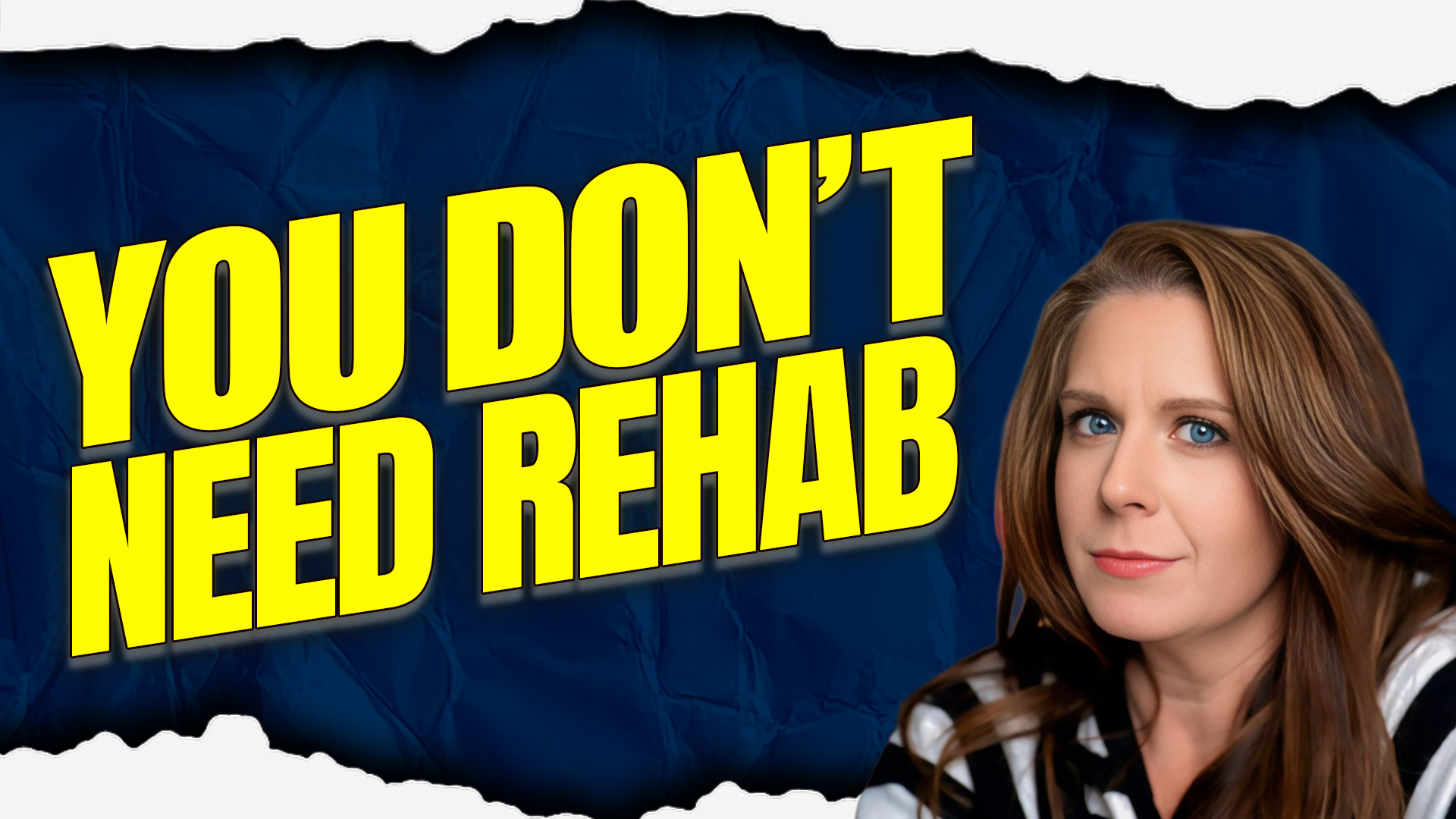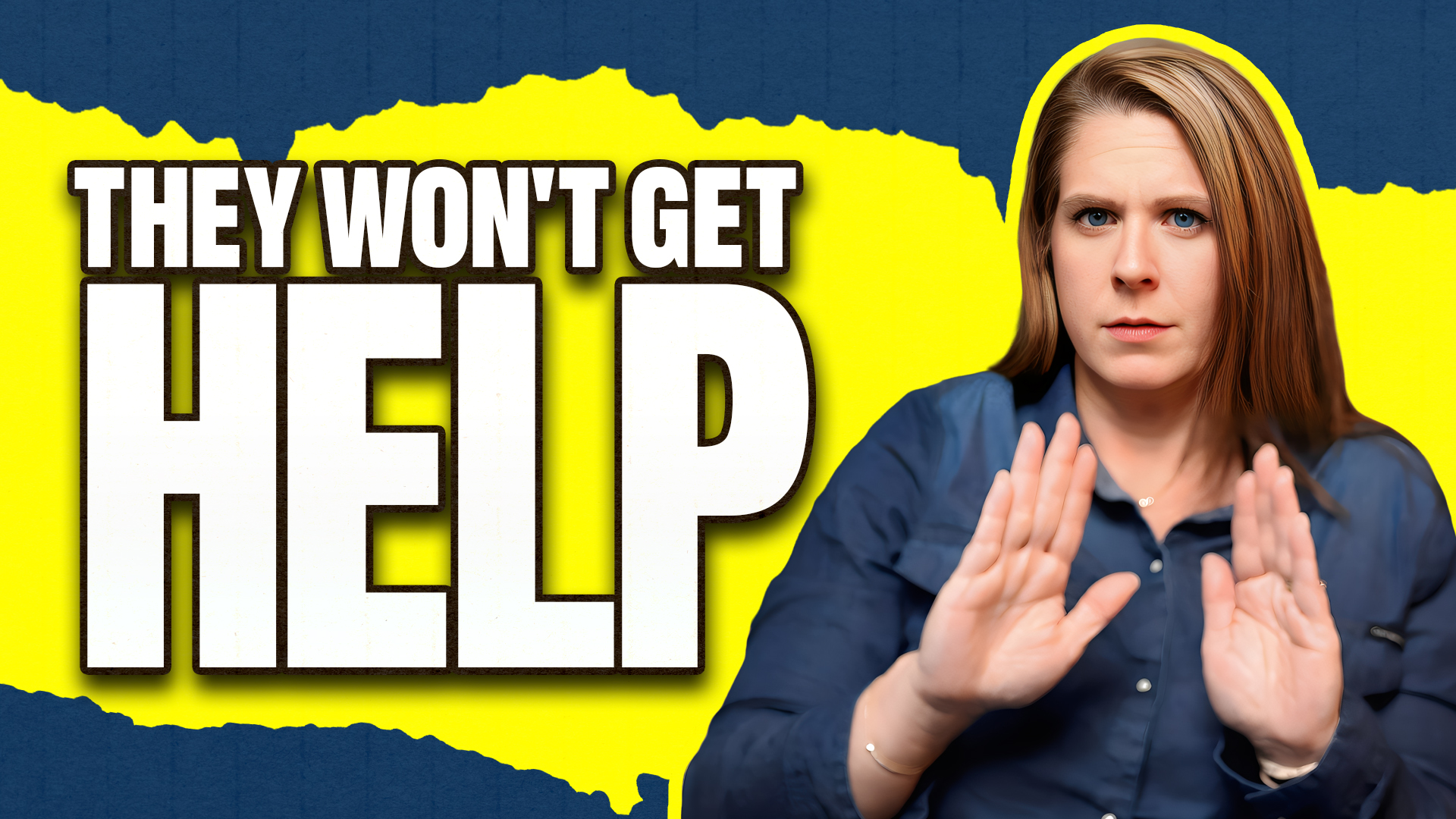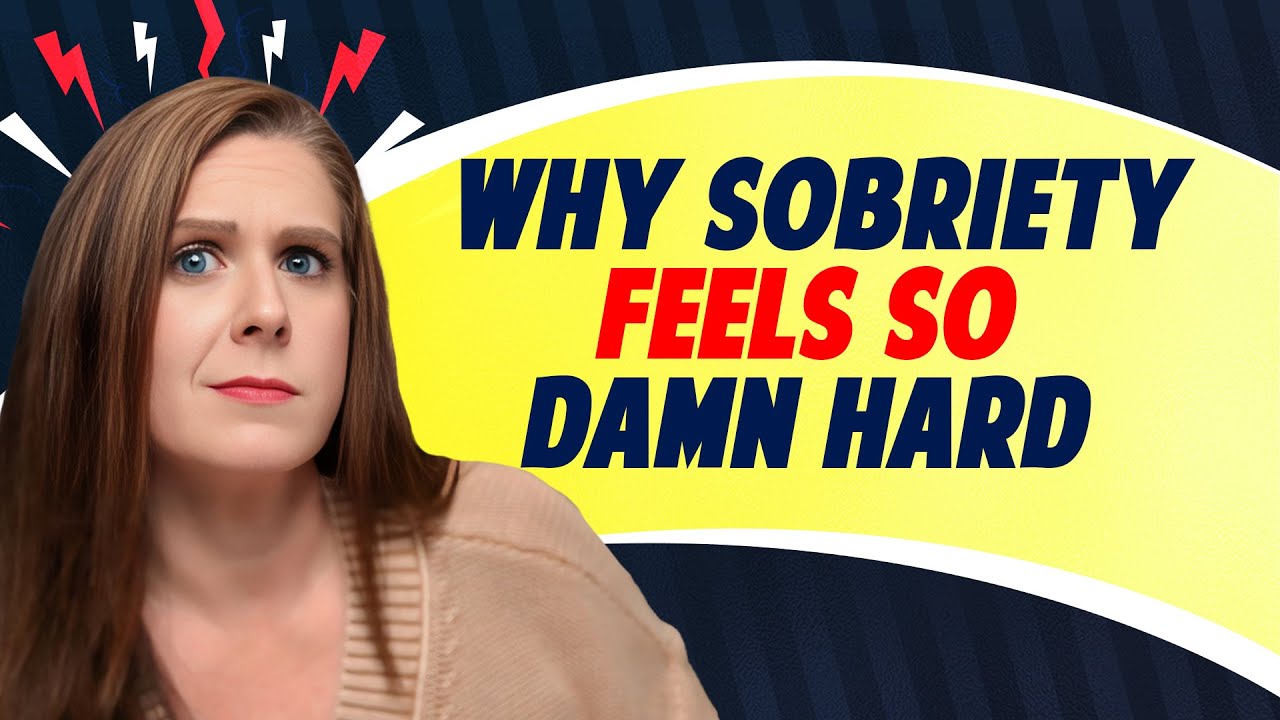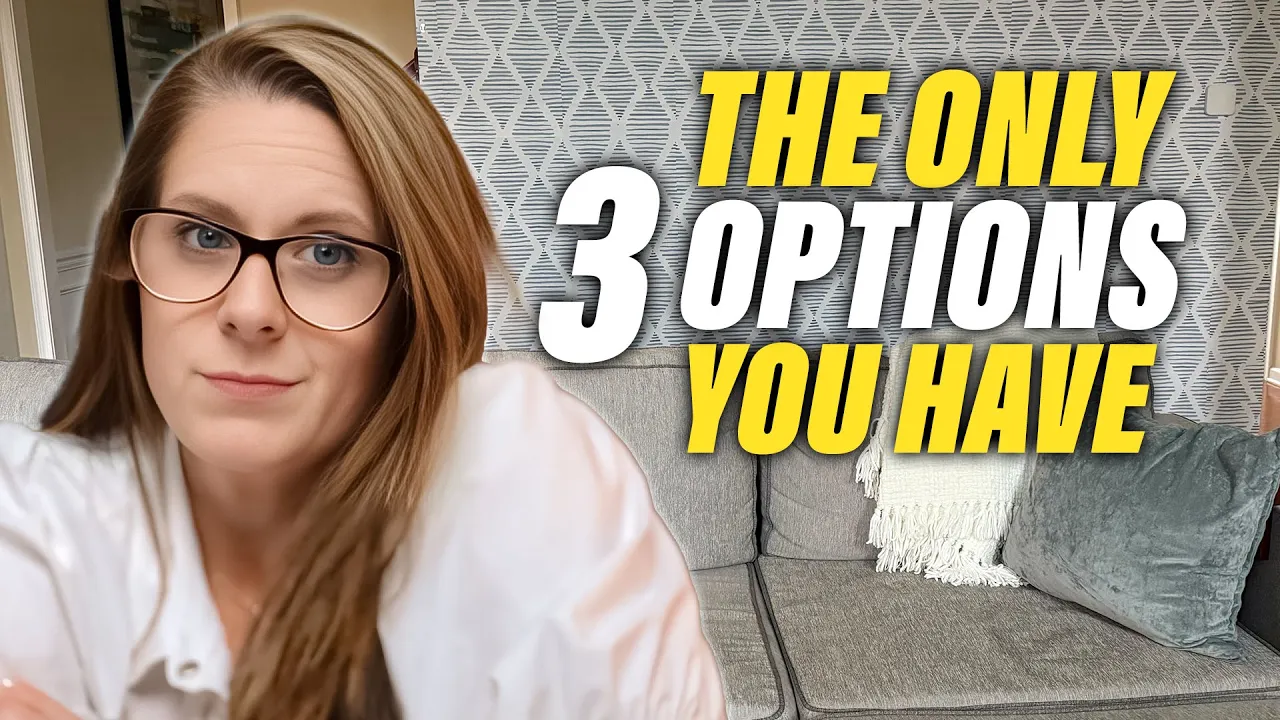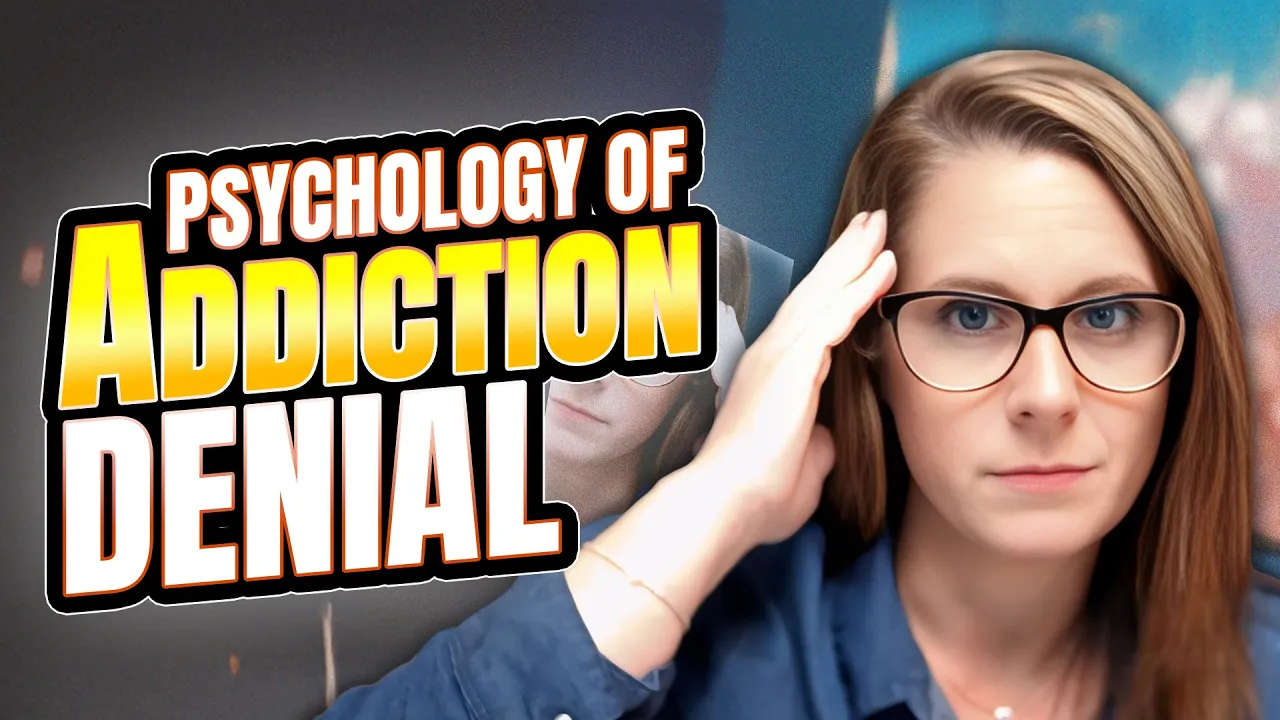Why They Won't Admit They Have a Problem
Functional Alcoholic Denial: Why They Say They’re “Fine” (and What Actually Breaks Through)
If you’re dealing with a functional alcoholic—a spouse, partner, adult child, or parent who “still goes to work” and “handles business”—you’ve probably had this same maddening thought:
How can they look you in the eye and act like nothing’s wrong?
Functional alcoholism comes with a very specific kind of denial, and it’s tougher to break through than most people realize. Not because you’re doing it wrong… but because two major roadblocks are working against you from the start.
In this post, we’re going to unpack:
-
Why denial is so strong with functional alcoholics
-
Why your reality and their reality don’t match (and never will without help)
-
Whether recording them “to show them” is a good idea
-
The most important key to creating real change—without it turning into a war
What is a functional alcoholic?
A functional alcoholic is someone whose drinking is causing harm—emo...
Rehab Isn't the Only Path to Recovery
Rehab Isn’t the Only Way to Recover: Real Alternatives for People Who Aren’t Ready for 30 Days Away
If you’re reading this, chances are you already know something isn’t right with your drinking or substance use.
But every time you think about getting help, your mind jumps straight to rehab —
30 days away from your life.
Your job.
Your family.
Your responsibilities.
And something in you immediately says, “Nope. Not happening.”
So you do… nothing.
Here’s what I want you to know right up front:
Not wanting to go to rehab does NOT mean you’re not ready to change.
It just means rehab might not be the right tool for you right now.
Why Rehab Feels Like a Non-Starter for So Many People
Rehab has become the default answer to addiction, but for many people, it feels unrealistic or impossible.
Maybe you:
-
Can’t take 30 days away from work
-
Have kids or family who depend on you
-
Can’t afford inpatient treatment
-
Don’t want everyone knowing your business
-
Heard horror s...
They Won't Go To Counseling Now What?!?!
Why Your Loved One Refuses to Get Help (And What Actually Works Instead)
You’ve sent the articles.
You’ve shared videos.
You may have even made the appointment for them.
And still… they won’t go.
If you’re trying to get a spouse, child, sibling, or parent to get help—and nothing you do seems to work—this post is for you. And first, let’s get one thing straight:
You are not failing.
And there is nothing wrong with you.
This is one of the most common struggles people face when loving someone who clearly needs help—but refuses it. In fact, it’s the exact reason the “whole family model” exists in addiction and behavior change work. For years, people would call and say:
“I really want you to see my husband… my sister… my son… but I can’t get them to come.”
Sound familiar?
Here’s the truth most people don’t tell you:
You can’t convince someone to get help.
But that doesn’t mean you’re powerless—it just means you need a different approach.
Why People Resist Getting Help
Befor...
Uncovering the Spiritual Roots of Addiction
 The Real Root of Addiction: Why Mental Obsession Comes Before Physical Dependence
The Real Root of Addiction: Why Mental Obsession Comes Before Physical Dependence
Most people think addiction only “counts” when someone is physically dependent—drinking every day, taking a drug every day, waking up needing it, or having intense withdrawal symptoms if they don’t.
But that’s not actually where addiction begins.
Addiction starts long before physical dependence ever shows up.
It starts in the mind—with a mental obsession.
If you really want to understand the root of addiction, you have to look at what makes someone go back to a substance or behavior over and over and over again, eventually leading to physical dependence. And that root is almost always tied to psychological or emotional discomfort.
In today’s blog, we’re going one layer deeper than addictive thinking—and uncovering the real reason addiction takes hold in the first place.
Addiction Starts With Mental Obsession—Not Physical Dependence
Mental obsession happens when your mind gets stuck on something t...
Early Recovery and Why It Feels So Hard (and What To Do About It)
Why Early Recovery Feels So Hard — And How to Get Through It
Early recovery is one of the toughest battles you’ll ever face. And here’s the truth most people don’t tell you: it’s not just about saying no to drugs or alcohol. Early sobriety is a full-body, full-mind storm. Your thoughts won’t slow down, your emotions feel too big, and your body is screaming for relief in ways that feel impossible to ignore.
If you’re in that place right now, you might feel overwhelmed, lonely, and honestly… like you’re barely hanging on.
But here’s the good news: this part does not last forever.
And understanding why it feels so hard is one of the quickest ways to get to the other side.
Welcome back to Put the Shovel Down. I’m Amber Hollingsworth, and this channel exists to help you stay five steps ahead of addiction. Because when you know what you’re dealing with, you’re already halfway through the battle.
The Real Reason Early Recovery Feels Impossible
At the very core of addiction is mental...
Brenda's Story: How I Stopped Fighting the Addiction and Started Reaching My Son
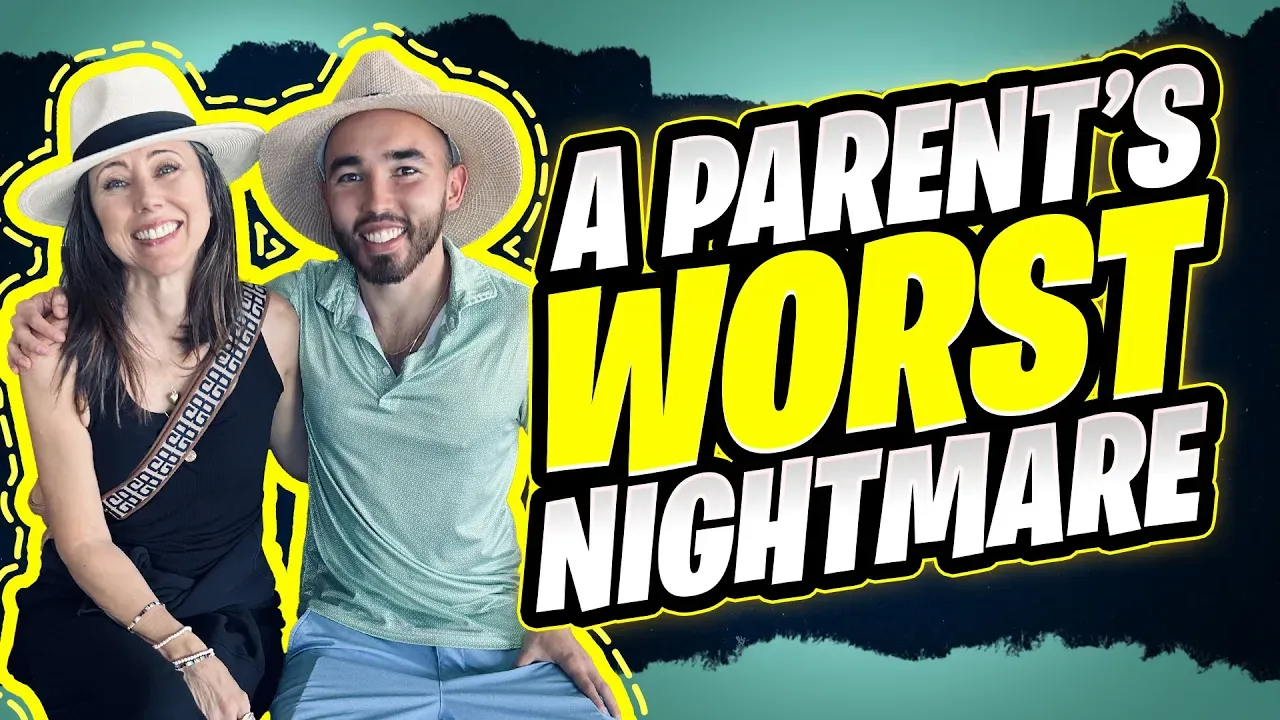
Watch part 1 of Enzo's story here.
“We’re Out of Our Parenting Skillset”
When Brenda picked up her 16-year-old son Enzo from a homeless youth shelter after a drug-fueled road trip, she saw a glimpse of where addiction was taking him—the smell, the vacant eyes, the speed at which life was unraveling. Not long after, came the call every parent dreads: Enzo overdosed. Doctors told the family to gather—he might not live through the night.
This is a true, unfiltered look at a family’s battle with addiction (fentanyl, Xanax, and more), ADHD’s early role, failed starts with treatment, and the life-and-death turning point that led to a different path. It’s painful, honest—and ultimately hopeful.
Early Signs No One Teaches You to See
-
Gifted + ADHD (Twice-Exceptional): From third grade on, Enzo was bright, articulate, and also struggling. Meds muted him; no meds made school a war zone.
-
Family turbulence: Divorce felt “amicable” to adults, but for Enzo’s black-and-white thinki...
Enzo's Story: How Addiction Nearly Destroyed An Ambitious Entrepreneur
The day everything changed
“I was almost 20 when fentanyl hit the streets. I didn’t know what it was—only that it got you super high. I started taking it…and I overdosed.”
What followed was a blur: two overdoses in one week, the second so severe that Enzo was found foaming at the mouth. He spent three days in a medically induced coma and a month relearning how to walk, use his hands, and even read an analog clock. The physical pain was immense; the emotional reckoning even bigger.
Key themes: teen addiction, fentanyl overdose, recovery story, wilderness therapy, therapeutic boarding school, family perspective, youth mentorship
Seattle roots, early independence, and the lure of belonging
Enzo grew up outside Seattle with present, hard-working parents—“a normal, middle-upper-class” life. A natural hustler with an entrepreneurial streak (selling chargers, candy, haircuts), he also craved loyalty and freedom. When a childhood friend group drifted, he found a new tribe—older, faster,...
Reeves' Story Pt. 1 | Confronting the Lies I Told Myself and My Family
A campfire lesson that changed everything
“It’s a lot easier to stay warm than to get warm.”
That simple line—shared by a wilderness guide on a freezing Montana night—didn’t click for B. Reeves until years later. In recovery, it became the anchor: staying sober each day is a lot easier than starting over from a cold, miserable place.
This is B’s story of slow-burn addiction, family dynamics, near misses, and the quiet nudge that finally broke through.
Early patterns: divorce, attention, and the art of getting by
After his parents’ divorce, B learned to manipulate for affection, things, and freedom—a pattern that followed him into adulthood. His mom (the kind, steady English teacher turned entrepreneur) and his dad (the brilliant, larger-than-life writer) loved him, but their different styles sometimes softened consequences. That’s called enabling, and it often delays the moment change becomes possible.
Sports were connection points—golf with dad, tennis with mom—but as substa...
The THREE Options In Family Addiction Intervention | Most Choose WRONG
The Truth About Helping an Addicted Loved One: 3 Strategies That Actually Work
If you're trying to help someone struggling with addiction, you've probably been given the same old advice over and over again:
-
Use tough love and let them hit rock bottom.
-
Stage a dramatic intervention.
-
Or do nothing and hope they eventually want to change.
But what if there was a better, smarter fourth option?
An approach that doesn't wreck your relationship or your sanity but still moves your loved one toward recovery.
Option #1: The Tough Love Approach
You've probably heard this one before:
"Kick them out. Cut them off. Let them hit bottom."
It's been the go-to strategy for decades. And while it can seem empowering at first, here's the truth:
Tough love has a high emotional cost—and a low success rate.
Let's be real: addiction continues despite consequences. That's the definition of addiction. At the same time, natural consequences can play a role in helping someone see th...
How DENIAL Is QUIETLY RUINING You | Part 1 of Denial Decoded Series
How to Understand and Handle Denial: A Game-Changer for Dealing With Addiction
If you’ve ever felt frustrated trying to help a loved one who just can’t see how bad things have gotten — or if you’ve caught yourself minimizing your own unhealthy behaviors — you’re not alone. There’s a powerful psychological concept that explains this all too well, and once you grasp it, it will forever change how you handle denial in yourself and in others.
Welcome to Put the Shovel Down
Hi, I’m Amber Hollingsworth, creator of Put the Shovel Down — the YouTube channel designed to help you master the science and psychology of addiction so you can stay five steps ahead. With over 20 years of experience helping individuals and families overcome addiction, I’m here to remind you: You are NOT powerless.
Today, we’re digging deep into a truth about denial that most people overlook — and how you can actually work with it, not against it.
The Fancy Word You Already Know: Cognitive Dissonance
Let’s get st...
